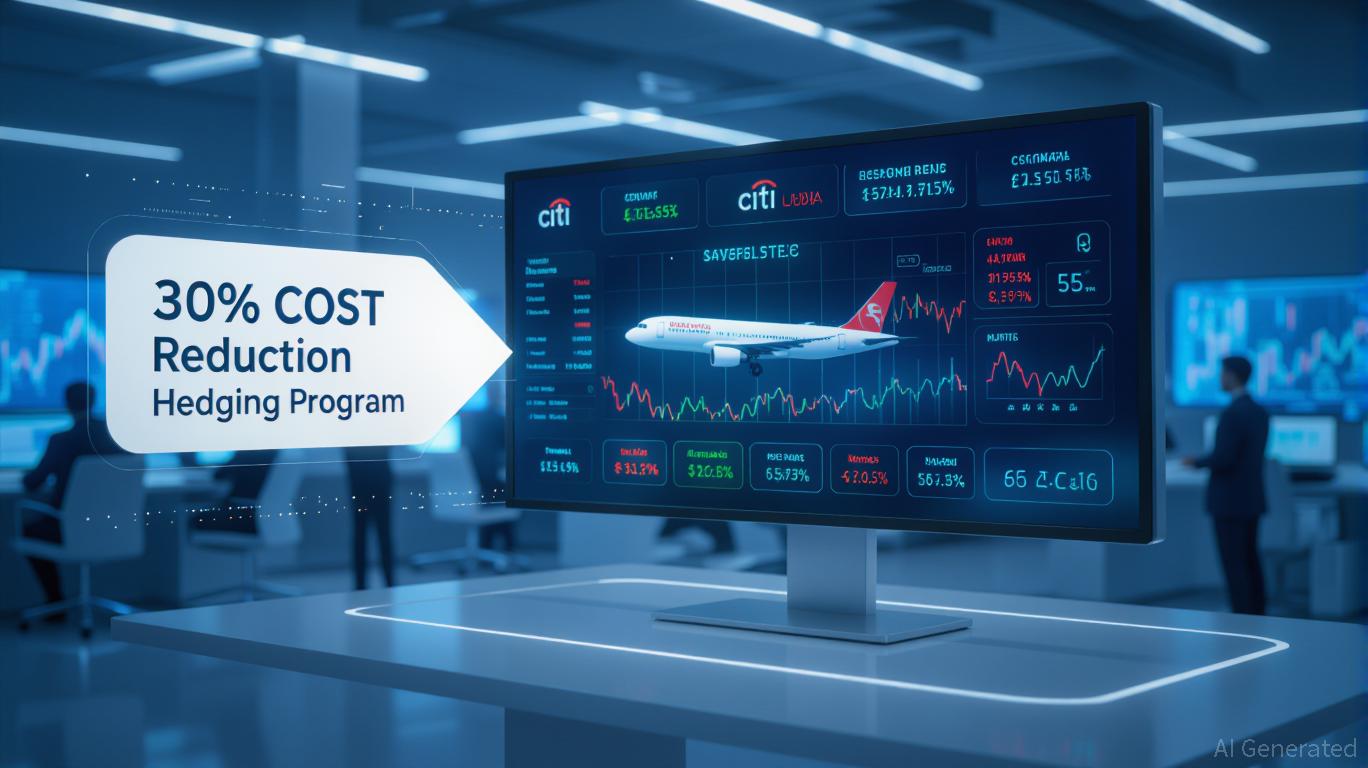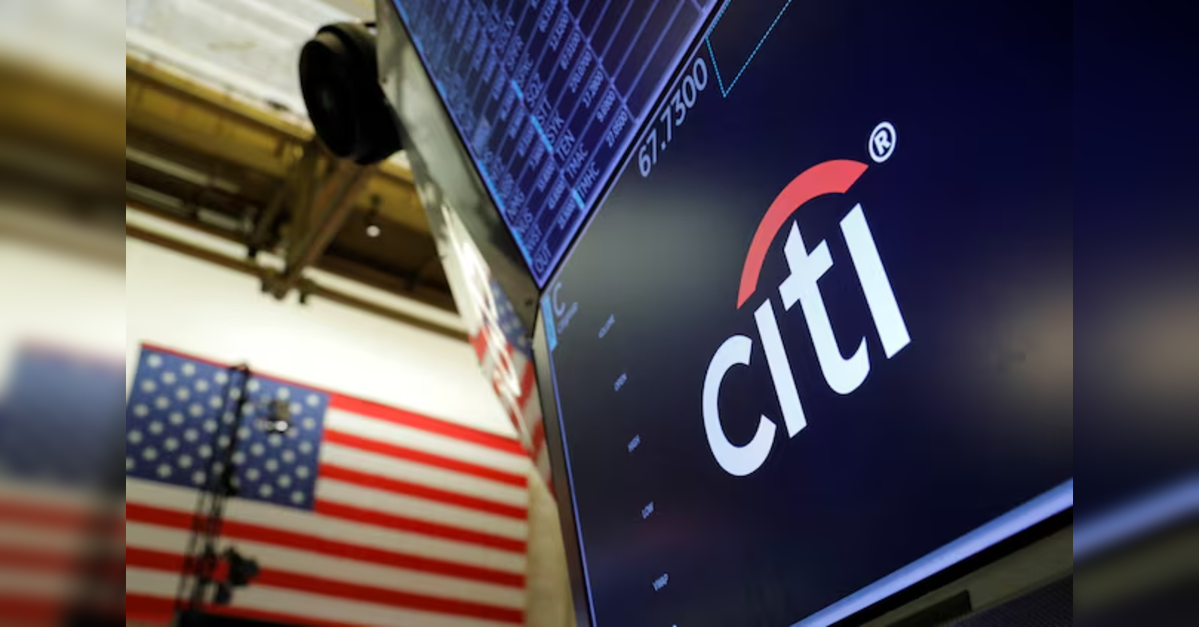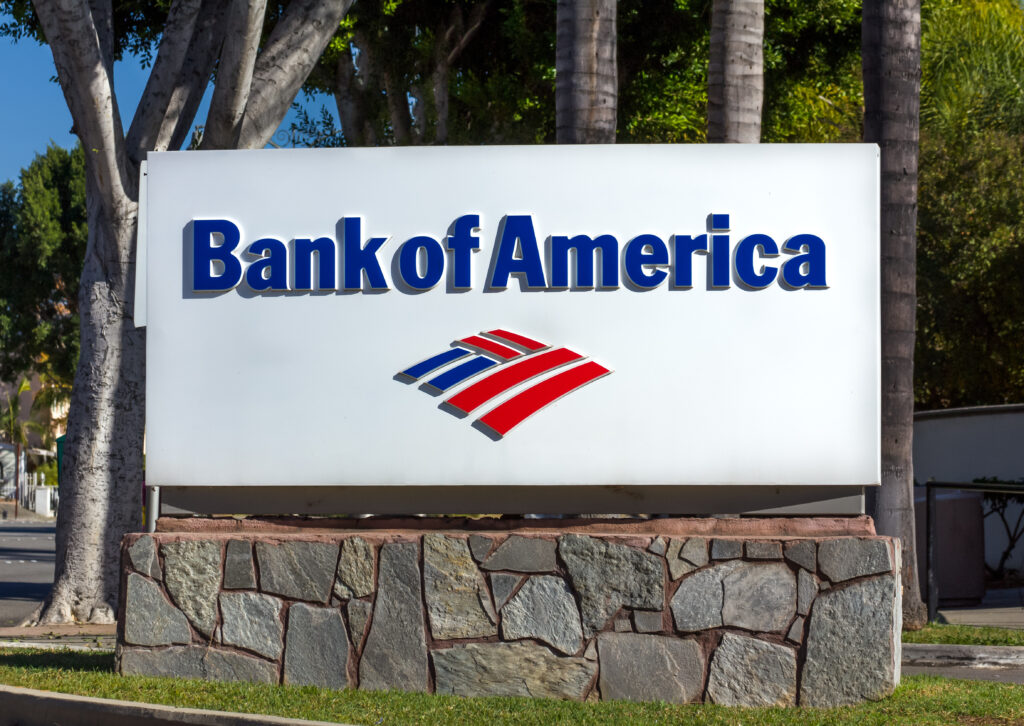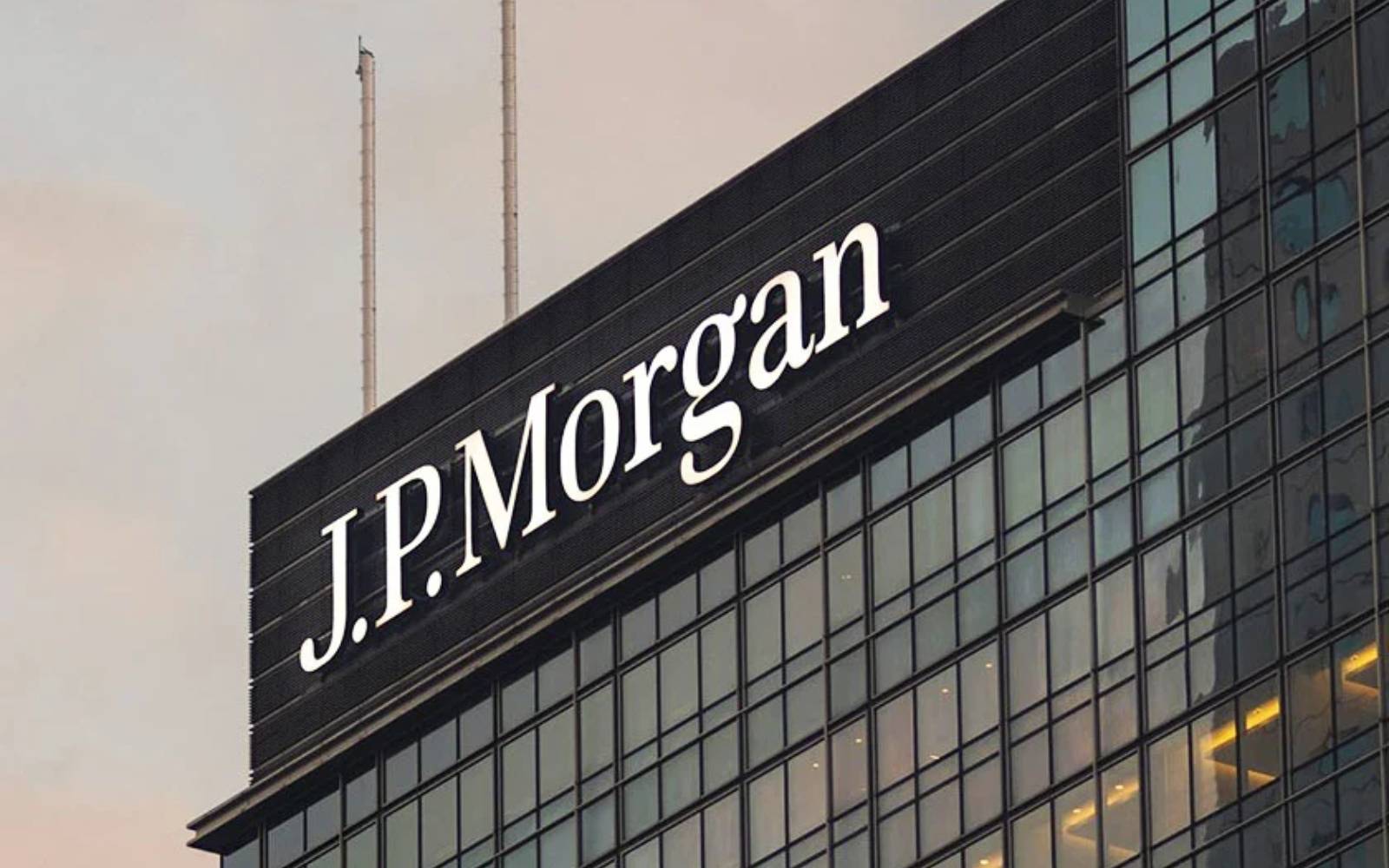Citi and Ant International's AI-Powered FX Partnership: A Game Changer for Global Aviation and E-Commerce Sectors
Henry RiversSaturday, Jul 19, 2025 1:37 pm ET
![]() 14min read
14min read
In the ever-evolving landscape of financial services, the integration of artificial intelligence (AI) is no longer a futuristic concept—it's a strategic imperative. The recent collaboration between Citigroup (Citi) and Ant International to develop an AI-powered foreign exchange (FX) risk management solution marks a pivotal moment in this transformation. By combining Citi's Fixed FX Rates platform with Ant International's Falcon Time-Series Transformer (TST) model, the partnership is redefining how businesses, particularly in aviation and e-commerce, manage currency volatility. For investors, this initiative isn't just about cost efficiency; it's a glimpse into how strategic AI adoption can unlock long-term shareholder value in a globalized economy.

At the heart of this partnership lies Ant International's Falcon TST model, a transformer-based AI system with nearly 2 billion parameters. This model leverages time-series forecasting algorithms to analyze historical currency data, identifying patterns that human analysts or traditional models might miss. By integrating this AI tool with Citi's Fixed FX Rates solution—a platform already used by clients in e-commerce, travel, and aviation—the joint offering allows businesses to lock in favorable FX rates for a defined period, mitigating the risks of currency fluctuations.
The results are striking. A major Asian airline, one of the first clients to adopt the solution, reported a 30% reduction in FX hedging costs for online ticket sales. This is not a trivial figure. In the aviation sector, where profit margins are razor-thin and FX exposure is immense, such savings can directly translate to improved profitability. The Falcon TST model's 90% accuracy in internal testing further underscores its reliability, making it a compelling tool for industries reliant on international trade.
The aviation sector, with its global operations and exposure to volatile currency markets, stands to benefit most from this innovation. Airline revenues in 2024 approached $900 billion, with FX hedging costs accounting for roughly 5% of total expenses. A 30% reduction in these costs could free up hundreds of millions in annual savings for industry players. For e-commerce, where cross-border transactions are the norm, the ability to predict and hedge FX exposure with precision is equally transformative.
But the partnership's impact extends beyond immediate cost savings. By offering a scalable, AI-enhanced solution, Citi and Ant International are positioning themselves to dominate the corporate FX market, which is projected to grow at a 5.8% compound annual rate through 2033. This growth is driven by the increasing digitalization of global trade, where businesses demand faster, more accurate, and cost-effective financial tools.
For investors, the partnership's strategic value lies in its dual impact: reducing operational costs for clients and creating new revenue streams for Citi and Ant International. Citi's global Fixed FX Rates solution already supports over 70 currencies, and the AI upgrade could expand its market share by attracting clients who prioritize technological innovation. Meanwhile, Ant International gains validation for its AI capabilities, potentially opening doors to partnerships in other financial sectors.
The broader financial services industry is also taking note. Rivals like Morgan Stanley and Bank of America are investing in AI for customer service and advisory tools, but Citi's focus on FX risk management—a high-margin area—positions it uniquely. As AI adoption accelerates, the ability to offer cutting-edge solutions will become a key differentiator. For Citi, this means not just retaining clients but charging a premium for its services.
The partnership's success hinges on two factors: the scalability of the Falcon TST model and Citi's ability to integrate AI into its broader operations. While the airline pilot is a promising start, investors should monitor how quickly the solution expands to other industries, such as manufacturing or retail. Additionally, regulatory developments in AI and cross-border data sharing could influence the partnership's long-term viability.
From a valuation perspective, Citi's stock has shown resilience in 2025, with its AI initiatives contributing to a 12% year-to-date gain. If the FX partnership continues to deliver measurable client savings, this could drive further upside. Ant International, though not publicly traded, benefits from its parent company, Ant Group, which has seen renewed investor interest following regulatory stabilizations in China.
Citi and Ant International's AI-powered FX collaboration is more than a technological novelty—it's a strategic move that addresses a critical pain point in global finance. By reducing hedging costs and improving forecasting accuracy, the partnership enhances client profitability while expanding Citi's competitive edge. For investors, this represents a rare convergence of innovation and tangible financial outcomes. As AI reshapes financial services, those who position themselves early—like Citi and Ant International—are likely to reap the most rewards.
In a world where currency markets move at lightning speed, the ability to predict and act on those movements with precision is no longer a luxury. It's a necessity. And for now, the leaders in this space are the ones betting on AI.
You may also like...
Diddy's Legal Troubles & Racketeering Trial

Music mogul Sean 'Diddy' Combs was acquitted of sex trafficking and racketeering charges but convicted on transportation...
Thomas Partey Faces Rape & Sexual Assault Charges

Former Arsenal midfielder Thomas Partey has been formally charged with multiple counts of rape and sexual assault by UK ...
Nigeria Universities Changes Admission Policies

JAMB has clarified its admission policies, rectifying a student's status, reiterating the necessity of its Central Admis...
Ghana's Economic Reforms & Gold Sector Initiatives

Ghana is undertaking a comprehensive economic overhaul with President John Dramani Mahama's 24-Hour Economy and Accelera...
WAFCON 2024 African Women's Football Tournament

The 2024 Women's Africa Cup of Nations opened with thrilling matches, seeing Nigeria's Super Falcons secure a dominant 3...
Emergence & Dynamics of Nigeria's ADC Coalition

A new opposition coalition, led by the African Democratic Congress (ADC), is emerging to challenge President Bola Ahmed ...
Demise of Olubadan of Ibadanland
Oba Owolabi Olakulehin, the 43rd Olubadan of Ibadanland, has died at 90, concluding a life of distinguished service in t...
Death of Nigerian Goalkeeping Legend Peter Rufai

Nigerian football mourns the death of legendary Super Eagles goalkeeper Peter Rufai, who passed away at 61. Known as 'Do...



